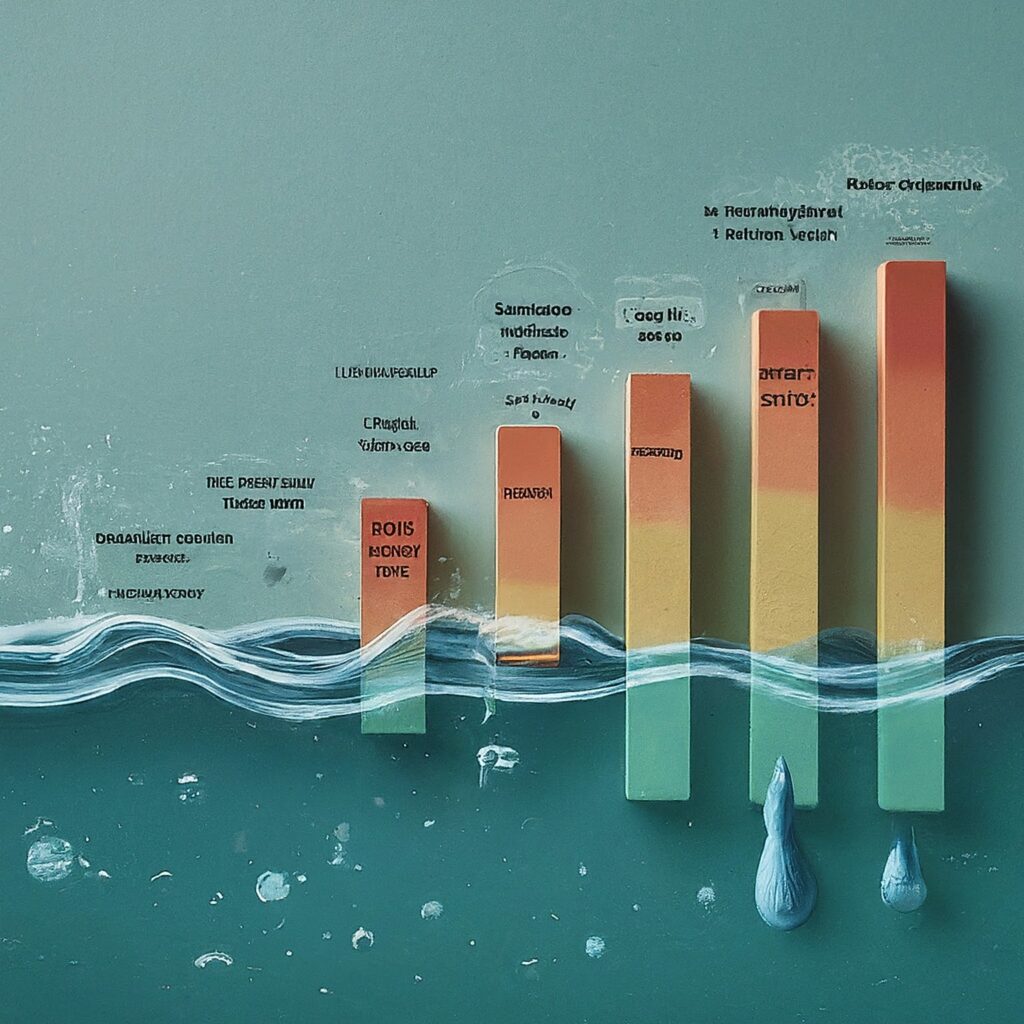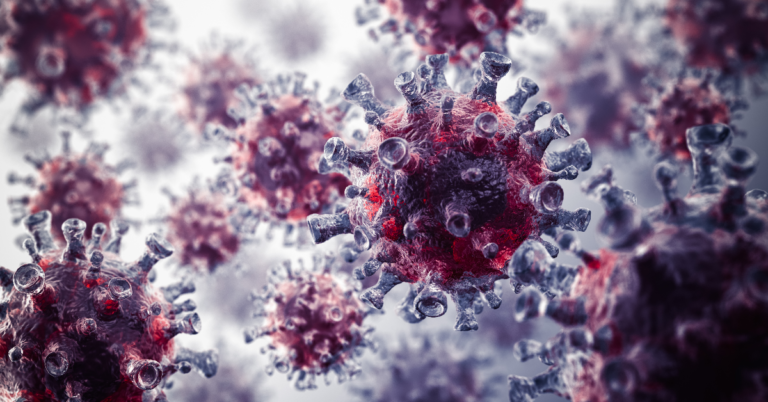The recent heavy rains and floods in Kenya have caused widespread devastation. Homes have been destroyed, livelihoods lost, and tragically, lives have been claimed. But the dangers don’t disappear as the floodwaters recede. In the aftermath of a flood, a new set of threats emerge – health risks that can impact survivors for weeks, months, and even years to come.
This article goes beyond the immediate headlines to explore the hidden dangers lurking in the flood’s wake.

We’ll delve into the potential health problems faced by flood survivors and explore ways to stay safe and healthy during this challenging time.
From Contaminated Water to Waterborne Diseases:
Floodwaters often become a toxic cocktail of sewage, industrial waste, and agricultural runoff. This contaminated water poses a serious threat, increasing the risk of waterborne diseases like:
- Diarrhoeal diseases: These are the most common illnesses following floods, caused by ingesting contaminated water or food (https://www.who.int/health-topics/diarrhoea).
- Typhoid fever: Spread through contaminated water and food, typhoid fever causes high fever, weakness, stomach pain, and vomiting (https://www.who.int/health-topics/typhoid).
- Hepatitis A: This liver infection can be contracted through contaminated water and close contact with infected individuals (https://www.who.int/teams/health-product-policy-and-standards/standards-and-specifications/vaccine-standardization/hep-a).

Prevalence of Waterborne Diseases After Floods (e.g., Diarrhea, Typhoid Fever)
Mosquitoes and Vector-Borne Diseases:
Stagnant floodwaters create ideal breeding grounds for mosquitoes, which can transmit diseases like:
- Malaria: A potentially life-threatening illness with symptoms like fever, chills, and flu-like illness (https://www.who.int/news-room/fact-sheets/detail/malaria).

- Dengue fever: This mosquito-borne illness can cause high fever, severe headache, muscle and joint pains, and a rash (https://www.who.int/health-topics/dengue-and-severe-dengue).
Mosquito Life Cycle: Understanding Flood-Related Mosquito Risks
Respiratory Problems:
Mould growth due to damp conditions can trigger respiratory problems, especially for those with pre-existing conditions like asthma (https://www.who.int/publications-detail-redirect/9789289041683).
Skin and Eye Infections:
Exposure to contaminated water can cause skin infections like scabies and leptospirosis, while contact with debris can lead to eye infections.
Mental Health Toll:
The trauma of losing homes and belongings, coupled with the uncertainty of the future, can take a significant toll on mental health, leading to anxiety, depression, and post-traumatic stress disorder (PTSD) (https://www.who.int/news-room/fact-sheets/detail/mental-health-in-emergencies).
Interactive: Protecting Yourself and Your Community
Staying informed and taking preventive measures is crucial during a flood recovery. Here’s what you can do:
- Safeguard Your Drinking Water: Boil all water for at least one minute before consumption. If boiling is not possible, use purification tablets or commercially bottled water.
- Practice Proper Hygiene: Wash hands frequently with soap and clean water, especially before eating, preparing food, and after using the toilet.
- Protect Yourself from Mosquitoes: Wear long sleeves and pants, use mosquito nets while sleeping, and apply insect repellent containing DEET.
- Prevent the Spread of Infections: Disinfect wounds properly and seek medical attention for any injuries or illnesses.
- Mental Health Support: Look out for signs of stress and anxiety in yourself and others. Utilize available mental health resources and support services.
Remember, you’re not alone!
Here are some resources for flood survivors in Kenya (replace with links to relevant resources):
- The Kenyan Ministry of Health
- The World Health Organization (WHO) Kenya office
- Local aid organizations providing medical assistance
Together, we can help flood-affected communities navigate this crisis and ensure their health and well-being in the long run.
Share your thoughts and suggestions for supporting flood survivors in the comments below. Have you experienced a flood or natural disaster? How did your community cope with the health risks?
By sharing our knowledge and experiences, we can build stronger, more resilient communities in the face of adversity.



